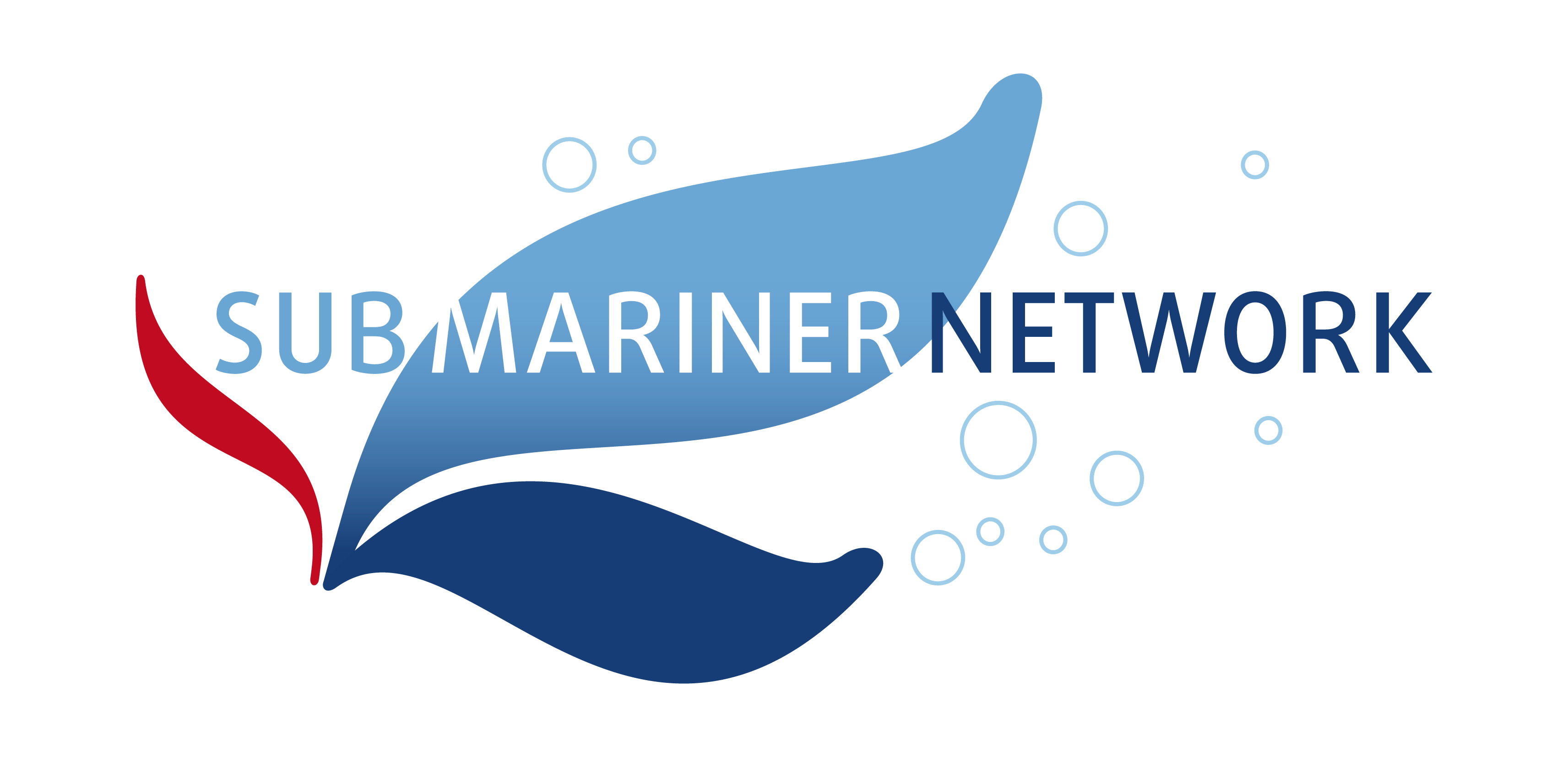
- This event has passed.
CrossGov Webinar Series – Towards a Coherent & Cross-Compliant Ocean Governance
March 17, 2025 at 12:00 – May 14, 2025 at 01:00
Towards a Coherent & Cross-Compliant Ocean Governance is a webinar series showcasing insights on how the EU governs its oceans and seas. Marine governance experts will share their findings, recommendations and tools to advance the alignment of conservation and sustainable development targets in marine policies, supporting the achievement of the Green Deal’s goals.
Find more information and register for one or more webinars individually below.
1. Understanding the ambitions for the European oceans, regulatory realities and the need for policy coherence. 🌊
Date: Monday 17th of March, 11:00-12:00.
The European Green Deal (and the forthcoming Oceans Pact) set many ambitious goals and targets for the oceans. These need to be implemented and realized within a complex landscape of old and new policies and laws. This webinar sheds light on the diverse set of marine ambitions, the complex regulatory context in which these should be achieved, and the need for more policy coherence to ensure that.
2. Policy coherence in marine governance – How can we comprehensively assess and understand it? 🌊
Date: Thursday 27th of March, 11:00-12:00.
Policy coherence refers to the extent to which different policies work in concert, reinforcing each other by fostering synergies and mitigating conflict. The lack of coherence can result in sub-optimal trade-offs or incentives that undermine the objectives of other policies. Policy coherence is crucial for the realization of the various high-level ambitions of the Green Deal. It has also been emphasized strongly in the context of the forthcoming Oceans Pact. This webinar provides a deep dive into the concept of policy coherence and clarifies how it can be assessed in the context of marine policies.
3. Evidence-based marine policy making: concepts, challenges, and recommendations 🌊
Date: Thursday 3rd of April, 11:00-12:00
Science-policy-society interfaces (SPSIs) are interactions between scientists and actors involved in the policy process that allow exchanges, co-evolution, and joint construction of knowledge, therefore enriching decision-making. When optimal, SPSIs ensure sound policy formulation, implementation, and adaptation processes, and can deal with different elements, such as incomplete knowledge, unpredictability, uncertainty, and ambiguity, thus improving coherence and cross-compliance in ocean governance. This webinar, centred on the topic of evidence-based policymaking in the field of marine governance, presents the main conceptual elements of SPSIs functioning, provides examples of current practices, challenges and related recommendations to support effective SPSIs towards reaching EGD objectives.
4. Balancing offshore wind energy expansion and biodiversity protection in the North Sea 🌊
Date: Monday 12th of May, 11:00-12:00.
The EU’s targets for offshore renewable energy and biodiversity conservation are ambitious, multi-layered, and ultimately interconnected. Offshore wind energy is a key pillar in the EU’s clean energy transition, yet its expansion raises concerns about potential trade-offs with marine biodiversity protection. This webinar will explore governance challenges in aligning offshore wind deployment with conservation objectives. Through expert insights and case study examples, panelists will discuss the current policy landscape, highlight conflicts and synergies, and identify opportunities to enhance coherence between climate and biodiversity goals.
5) Policy coherence from source to sea 🌊
Date: Wednesday 14th of May, 11:00-12:00
A source-to-sea approach ensures that upstream activities, such as agriculture and industrial processes, are managed to prevent downstream impacts on coastal and marine ecosystems. This session provides insights from three national case studies on how the source-to-sea issue is addressed in the policy and regulatory landscape of Europe. The studies specifically focus on mechanisms to to ensure coherence between WFD and MSFD, two directives for achieving good environmental/ecological status – however with different geographical and thematic focus areas.
